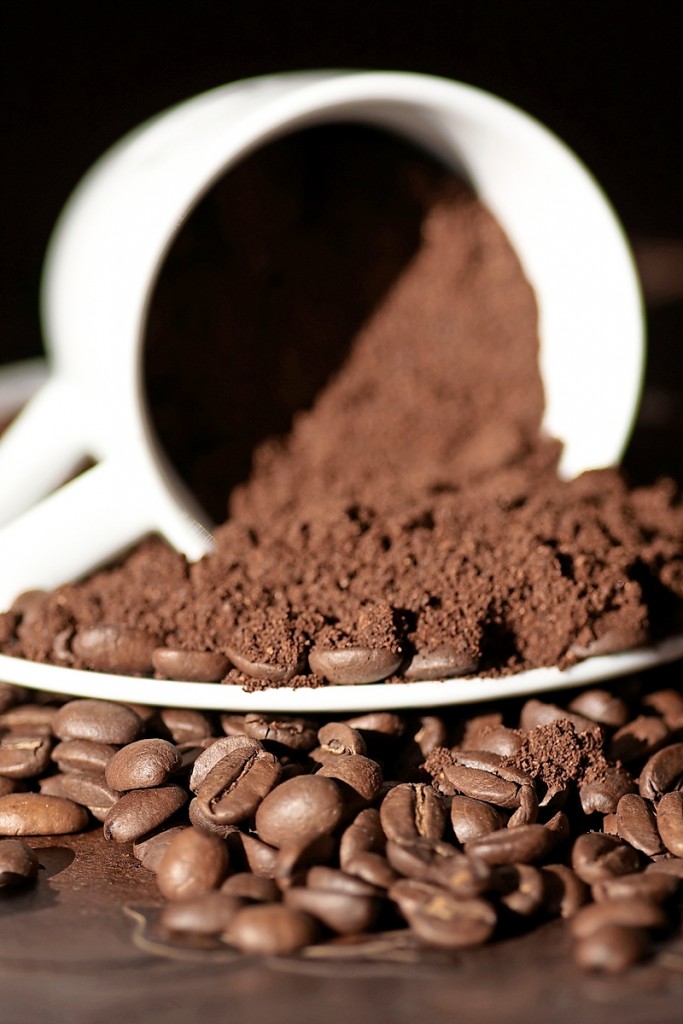Caffeine Overdose—The Hidden Health Hazards of Powdered Caffeine
By Mary Kay Kleist
December 2015 View more Health & Fitness
 Caffeine has its energy-boosting perks, but it also can create health problems if you go overboard. For generations, people have poured their daily cup of Joe for that extra energy burst before heading out the door in the morning. It seems lately, Americans have become obsessed with caffeine. An entire industry has come to life to make ingesting caffeine more readily available—with a coffee house virtually on every street corner or strip mall in America. No doubt about it, the brewing business is booming.
Caffeine has its energy-boosting perks, but it also can create health problems if you go overboard. For generations, people have poured their daily cup of Joe for that extra energy burst before heading out the door in the morning. It seems lately, Americans have become obsessed with caffeine. An entire industry has come to life to make ingesting caffeine more readily available—with a coffee house virtually on every street corner or strip mall in America. No doubt about it, the brewing business is booming.
Healthy Levels
The Mayo Clinic suggests that up to 400mg of caffeine a day appears to be a safe amount for most healthy adults. That’s equal to about four, 8 ounce cups of home-brewed coffee, 10 cans of cola, 13 cups of tea, or two energy shot drinks. Habitual coffee drinkers love that it’s an antioxidant superstar, having more antioxidant activity than green tea and cocoa. Studies have found that moderate consumption of caffeine can also help lower your risk of heart disease, diabetes, cancer, and stroke. While caffeine may be safe for most adults, experts say it’s not ideal for children. And experts recommend that adolescents should have no more than 100 mg of caffeine a day.
Caffeine Sensitivity
Some people are highly sensitive to caffeine. Even a small amount can create jitters and sleep problems. If you drink more than four cups of coffee a day, (more than 500 mg to 600 mg) medical experts warn you may experience potential negative side effects such as nervousness, insomnia, upset stomach, racing heartbeat, irritability, and muscle tremors.
Consumption Concerns
Caffeine comes in a variety of forms from energy drinks, to pills, to gum. The most powerful form of caffeine is the pure powder form that is often mixed into food. It’s sold in bulk for as little as $10 per pound and usually comes in bags or canisters. The Food and Drug Administration (FDA) has issued a warning after a growing number caffeine overdoses have been linked to powdered caffeine. “A single teaspoon of pure caffeine is roughly equivalent to 25 cups of coffee. Pure caffeine is a powerful stimulant and a very small amount may cause accidental overdose,” said Toni Havala, registered dietician Edward Hospital. “It is nearly impossible to accurately measure a safe dose of powdered caffeine using household measuring tools because the safe dose is extremely small. As little as one teaspoon of caffeine powder may result in death,” said Havala. Caffeine overdose can cause a dangerously fast or erratic heartbeat, seizures, and death. “An 18 year old boy from Ohio died of cardiac arrhythmia and seizure due to caffeine toxicity one week before graduation,” said Havala. Other symptoms of caffeine toxicity include vomiting, diarrhea, and confusion.
Some young adults, and even teens, take the powdered caffeine for an intense energy boost or to control weight gain. “In addition to having dangerous health consequences due to the high potency of pure powdered caffeine products, these products are not subject to strict federal regulation because they are sold as a dietary supplement. Products sold as dietary supplements have been known to be contaminated with other ingredients that can also have negative health consequences,” said Havala.
Healthier Alternatives
If you get enough sleep and exercise regularly, experts say that alone should be enough to give you more energy. And consider your diet. “A cup of green tea and a piece of fruit or dark chocolate will give you a moderate amount of caffeine and a little carbohydrate to bring your energy level up without causing the crash you would get after drinking excess caffeine or consuming sugary foods and drinks,” said Havala.


